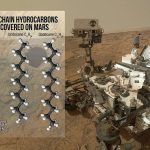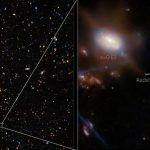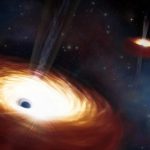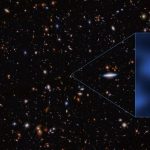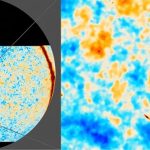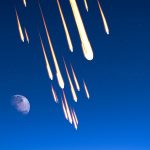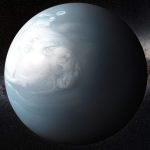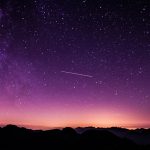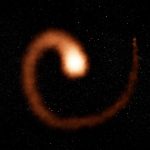Scientists discover long-chain hydrocarbons on Mars
The search for evidence of life on Mars just got a little more interesting with the discovery of large organic molecules in a rock...
Webb Telescope spots a galaxy that shouldn’t be seen
Astronomers using the James Webb Space Telescope have discovered a galaxy that’s making scientists rethink what they know about the early universe.
This galaxy, named...
Glowing caves on Earth may hold clues to life beyond our planet
Deep underground, some caves on Earth are hiding a glowing secret—one that could help scientists understand how life might survive in extreme places like...
How an actively feeding supermassive black hole could be good for life
When it comes to safe places for life, supermassive black holes are probably the last place you'd consider safe for nearby planets, let alone...
The most distant known galaxy already had oxygen
One of the surprising discoveries of the James Webb Space Telescope (JWST) is that galaxies formed very early in the Universe.
JWST has discovered about...
Scientists capture baby pictures of the universe
Astronomers have released the clearest and most detailed images ever of the universe when it was just a baby—only 380,000 years old.
These incredible "baby...
Mapping the asteroid belt: Where do meteorites come from?
For the first time, scientists are creating a geologic map of the asteroid belt—the region between Mars and Jupiter filled with rocky space objects.
By...
Scientists say strange gases could be signs of alien life
A group of scientists from the University of California, Riverside, has found a new and exciting way to search for alien life—by looking for...
Astronomers discover mysterious filaments near Milky Way’s center
Astronomers have made an exciting discovery near the center of our Milky Way galaxy—long, thin "space tornadoes" made of swirling gas.
These strange structures were...
Wolf-Rayet 104: The “pinwheel star” isn’t a death star after all
A dazzling star system once feared as a potential “Death Star” has turned out to be much less threatening than scientists once thought—and even...

